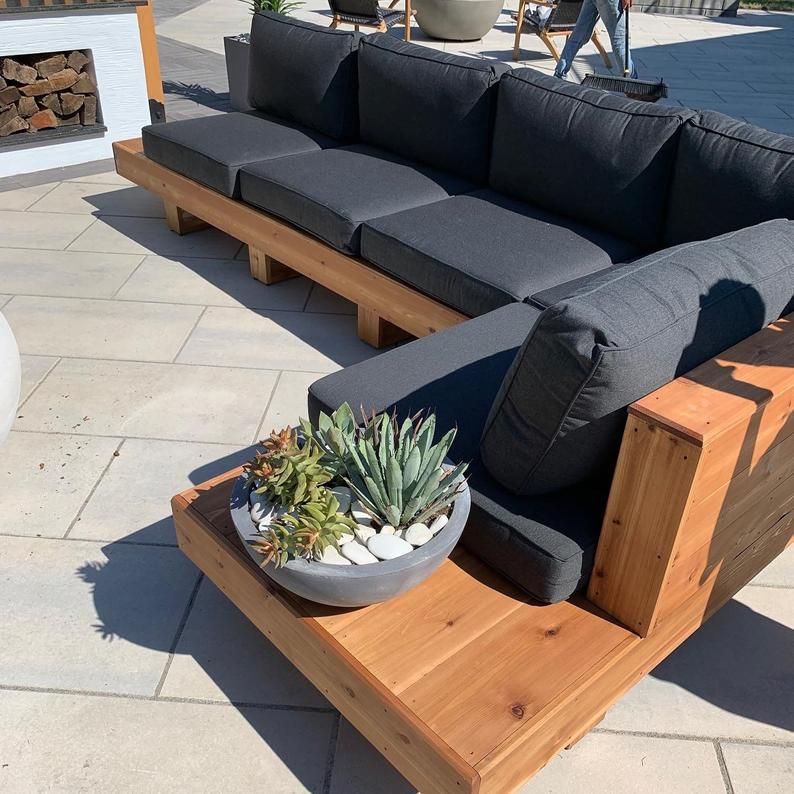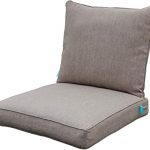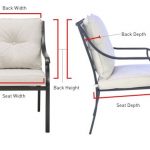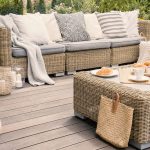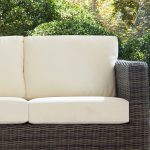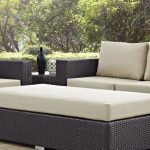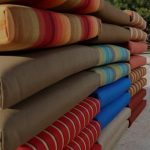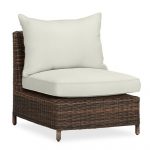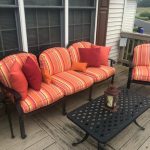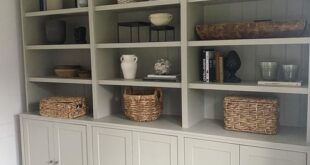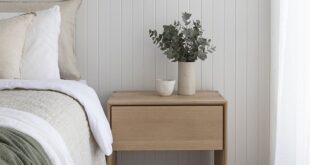Patio furniture cushions can add comfort and style to your outdoor living space, but they can also be easily damaged by the sun and rain. In order to protect your investment and keep your cushions looking their best, it’s important to take some preventative measures.
Here are some tips on how to protect patio furniture cushions from sun and rain damage:
1. Invest in high-quality cushions: When shopping for patio furniture cushions, look for high-quality, UV-resistant fabrics that are designed to withstand the elements. Choose cushions made from materials such as solution-dyed acrylic or polyester that are fade-resistant and water-repellent.
2. Use cushion covers: One of the easiest ways to protect patio furniture cushions from the sun and rain is to use cushion covers. These can be easily removed and washed, and will provide an extra layer of protection for your cushions. Look for covers that are made from weather-resistant materials and have UV protection.
3. Store cushions when not in use: To prevent sun damage, it’s a good idea to store your patio furniture cushions when they are not in use. This will help to prolong their lifespan and keep them looking fresh and vibrant. If you don’t have space to store your cushions indoors, consider investing in a weatherproof storage box or bin.
4. Clean cushions regularly: Regular cleaning is essential to prevent mold and mildew from forming on your patio furniture cushions. Use a mild soap and water solution to gently scrub away dirt and grime, and allow the cushions to air dry completely before putting them back on your furniture.
5. Provide shade: If your patio furniture is in direct sunlight for extended periods of time, consider providing some shade with an umbrella or awning. This will help to protect your cushions from fading and drying out in the sun.
6. Rotate cushions: To ensure even wear and prevent one side of the cushion from fading more than the other, be sure to rotate your cushions regularly. This will help them to maintain their shape and color over time.
By following these tips, you can protect your patio furniture cushions from sun and rain damage and enjoy them for many seasons to come. Investing in high-quality cushions, using covers, storing them when not in use, cleaning them regularly, providing shade, and rotating them are all simple ways to extend the life of your outdoor cushions and keep your outdoor living space looking beautiful.
[
While patio furniture is designed to be sturdy and stylish, it may not always be made with comfort in mind. However, this should be an important consideration; After all, nobody wants to sit in an uncomfortable chair for a long time.
Choosing the right type of patio furniture cushion can be just as important as choosing the furniture itself, and there are a few things you need to consider when shopping. Here we give you a little advice so that you can make the best choice.
How do I choose the size of the outer cushions?
It is important to make sure that you choose the correct size pillows for your patio furniture. If you simply replace your existing pillows with the same ones, you can measure the old ones to get the size.
However, when buying pillows for new furniture, you need to make sure that you are correctly measuring the chairs.
The most common options are outdoor chaise longues and dining chairs and benches on the patio. Choose the pillow that best suits your type of furniture.
How to measure chair, seat and back cushions
- Measure the length of the seat from front to back.
- Measure the width of the seat from side to side (remember that the seat cushions can flatten over time).
- Measure the length of the back of the chair from top to bottom (don’t forget to subtract the thickness of the seat cushion).
- Measure the width of the back of the chair from one edge to the other.
How to measure for chaise longue pillows
- Measure the length of the back piece from the top to the first fold.
- Measure the length of the seat section from the top to the bottom fold where the leg support begins.
- Measure the length of the leg support section from the crease to the end.
- Measure the width of the seat by measuring edge to edge.
How to Measure for Seat Cushions
- Measure the length of the bench from end to end
- Measure the width of the bench from end to end
Which material is best for garden furniture cushions?
Cheaper covers may look attractive and seem like a good option, but it’s important to think about the kind of things they’ll be exposed to, such as damp weather and direct sunlight. If you don’t make the right choice here, you’ll have to replace your pillows sooner rather than later.
Materials used in pillowcases for patio furniture may look quite similar. they however vary drastically in their functionality. Here are some of the most popular options:
vinyl
Otherwise known as PVC, are vinyl covers durable and waterproof. They are easy to clean and can look really good, not to mention a reasonable price.
These types of covers don’t do very well with heat. In direct sunlight, they can feel incredibly hot and burn any skin that comes in contact with them.
If you want to go with this material, Choose a light color because it stores less heat from the sun than a darker color.
Cotton cloth
Cotton cloth is another economical choice, and the pillows can be colored to suit your taste and decor. It is durable, robust and robust.
The problem with this material, however, is that it is not inherently water resistant. This means that there could be some problems with mold and mildew.
However, the pillows could be regularly treated with a waterproof applicationthat would serve to increase their resistance to moisture.
Text line
The synthetic material Texteline consists of polyester yarns coated with PVC. It can be used to make the pillows less likely to tear or tear when in use. In addition, the material is easy to clean and waterproof.
But like vinyl, Texteline can be heated in direct sunlight and Colors also fade pretty quickly compared to other materials.
Overall, Texteline is a good Mid-range option for pillowsbut they can do best when they are in the shade.
Sunbrella fabric
Sunbrella fabric was made welcomed the best outdoor pillow fabrics And for a good reason. It was specially made to be lightfast, 100% waterproof, mold and mildew resistant and chlorine-proof.
It is next to it easy to clean and maintain. However, all of this means that Sunbrella is by far out of all the options discussed here the most expensive.
However, this would ensure that your pillows would have to be replaced much less frequently.
What is the best type of filling for outdoor pillows?
As with the materials used for the pillowcases, you want to make sure that the filling you choose is durable and suitable for various weather conditions. The general options include:
Polyester filling
The advantages of this type of material are that it is cheap, soft and airy. The downside, however, is that it is does not actually offer any supportThis means that it is more suitable for decorative than functional pillows.
Clustered polyfill
This has many of the same advantages as polyester filling, plus its corresponding weaknesses – this is it tend to flatten out over time. However, because the poly fill is wrapped in small bundles, it offers a little more support.
foam
Foam is one of the most versatile options here as it’s available in a range of different densities and strengths. That way, you can essentially decide how soft your pillows will be and how long they will last. By far the most common foam density for residential seating is 1.8.
Dacron
This is a thermoplastic synthetic polymer resin that ensures a durable and economical cushion. Pillows with this type of filling do not flatten like other guys. However, as you would expect, the cost is higher than the other varieties.
Dacron wrapped
Dacron Wrapping offers the compromise between the different options. This filling has much of the durability of Dacron, but at a lower price.
You also need to think about how thick you want your pillows to be. Outdoor furniture is often much thicker than indoor furniture, as garden furniture is often more uncomfortable. Most outer cushions are around 100mm to 150mm thick.
Should I use pillows for my garden furniture?
Throw pillows can be used to make an outdoor area even more stylish and comfortable. They are suitable for patio chairs and couches, but they may be less weather resistant than the actual pillows. Because of this, you may want to put them away when not in use.
There are two different types of pillows you can choose from:
- Throw pillows are only for decoration. Combine brightly colored furniture with neutrally tinted furniture for a great effect.
- Strengthen pillows The more ergonomic design provides additional support for the back and neck. You might want this if you have a lot of time to spend with your patio furniture.
 decorafit.com Design ideas for your home and patio
decorafit.com Design ideas for your home and patio
